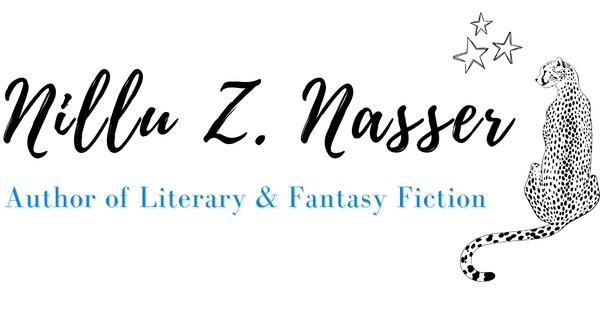 Last week, someone I love confided how in me about how low she was feeling. We spent nearly an hour talking about her feelings, what she felt had gone wrong and how she could get to where she wants to be. I walked away from the conversation hurting for her but when I replayed the conversation in my head, it wasn’t her voice that I heard, but my own. The whole episode got me thinking that good listening skills are not only invaluable in every conceivable relationship we have, but also a key part of a writer’s toolkit.
Last week, someone I love confided how in me about how low she was feeling. We spent nearly an hour talking about her feelings, what she felt had gone wrong and how she could get to where she wants to be. I walked away from the conversation hurting for her but when I replayed the conversation in my head, it wasn’t her voice that I heard, but my own. The whole episode got me thinking that good listening skills are not only invaluable in every conceivable relationship we have, but also a key part of a writer’s toolkit.
Do you carry a notebook with you to jot down thoughts during the day or snippets of conversations you have heard? What if you are missing out on little gems of writerly wisdom because you are not really hearing what is going on around you? Could you be a better friend, parent or writer if you listened better? According to research, most people only remember 25-50% of any given conversation. That means that up to 75% of what we say is wasted effort. So I’d like to ask:
- how good a listener are you?
- do you interrupt other people when they are talking?
- do you know the answer before you have the full picture?
- do you listen with an open mind?
For me, the answer to all those questions is sometimes.
External barriers to listening well
The world is getting louder and there are competing demands for our attention: the roar of road traffic, the constant buzz of the radio and the omnipresent glow of televisions in our living rooms. Business, media and advertising continue to look for ways to hold our attention for a brief few seconds but we have become desensitised to all the tricks of the trade. I’m as reliant as the next person on my mobile phone, but let’s face it, they are technically a pocket-sized on call and distraction device. According to statistics published by the United Nations in March, substantially more (6 billion vs 4.5 billion) of the world’s population have access to mobile phones than working toilets. Ironically, as the world has become more connected, we have learned to listen less. How often is your mind on something else when you are listening?
Internal blockers to listening well
Let’s not just blame it on the big, bad world though. I’m not going to pull any punches here. Are there certain people who cause you to mentally fill your ears with cotton wool before they have even started? The truth is that there are blocks to listening well from the very start. The words we hear are distorted as they are reflected through the prism of our own beliefs, knowledge and experiences. Language itself is a subjective medium; words are not a precise instrument and may not be interpreted as we envisage. We have become huge consumers and producers of information, but our lives are busy and we tend to want sound bites. The question is, what wealth of information and which subtle nuances are we missing out on?
The art of listening better
I’m no expert, but for what it’s worth, here are my tips for listening better:
- Take a second to distance yourself from what has been going on so you can give the speaker your undivided attention
- Show that you are listening with your body language
- Make a note of your internal motives for listening
- Try not to interrupt and prepare for what you want to learn, not just what you want to say
- Understand that you don’t need to fix everything
Listening as part of the writer’s toolkit
I don’t know any writer who would be happy with their characters being endless variations of themselves. The truth is, to write well, we have to observe others and seek to understand their deepest motives and dreams. So, listening well to others becomes an endless resource for our work. Next time I’m listening to a friend or eavesdropping on a conversation out of curiosity or writerly ambition, I’ll be leaving my ego aside, stepping into a place of neutrality and open-mindedness. Will you?
‘The great advantage of being a writer is that you can spy on people. You’re there, listening to every word, but part of you is observing. Everything is useful to a writer, you see – every scrap, even the longest and most boring of luncheon parties.’ Graham Greene
‘Somewhere we know that without silence words lose their meaning, that without listening speaking no longer heals, that without distance closeness cannot cure.’ Henri Nouwen
